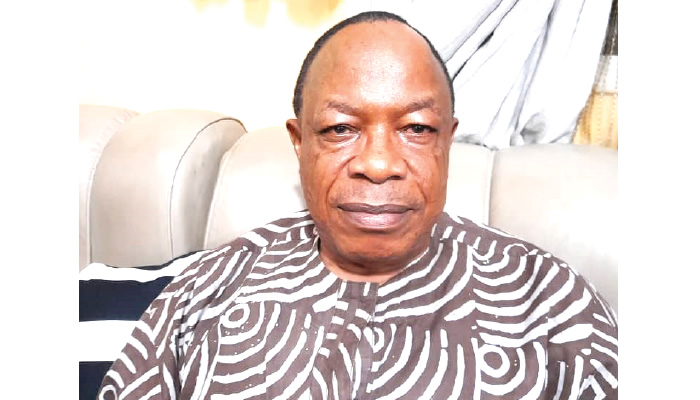The Federal Government has awarded a N55.2 billion ($36.5 million) security contract to Turkish defence company, Asisguard, for the surveillance and protection of the Abuja-Kaduna Expressway and Nigeria’s borders.
The agreement was signed by Asisguard’s General Manager, Barış Düzgün, alongside officials from the Ministry of Defence. However, specific details of the contract, including its duration and operational framework, remain unclear.


Asisguard, in a statement, revealed that it would deploy advanced security technologies such as armed drones, surveillance cameras, intervention and neutralization systems, as well as command and control centers. The firm will also install monitoring towers and integrate communication and energy infrastructure systems to enhance security operations.
Despite these advancements, the contract has sparked criticism from former senior police officers. Ex-Deputy Inspector General of Police, Adedayo Adeoye, argued that the government should have invested the funds in equipping local security forces instead. He emphasized that the police and other security agencies could effectively handle the threats with the right tools and training.
The Abuja-Kaduna highway has long been a hotspot for kidnappings and bandit attacks. In January 2024, over 85 people were abducted along the Katari axis of the road, with four fatalities reported. In response, Inspector General of Police, Kayode Egbetokun, deployed additional officers and advanced security equipment to the highway, leading to a decline in abductions.


Border security remains another pressing issue, with terrorists and smugglers exploiting weak surveillance to infiltrate communities and import contraband. To counter this, Asisguard will deploy 13 armored Yoruk 4×4 vehicles from Turkish manufacturer, Nurol Makina, to enhance road safety. These vehicles can be equipped with machine guns, grenade launchers, and anti-tank weaponry.
Düzgün, speaking to Turkish news agency Anadolu, stated that Asisguard would introduce Songar drones, fitted with high-resolution cameras and thermal sensors, for real-time surveillance. The company will also provide mobile drone launch platforms to ensure rapid deployment in response to security threats.
The contract also includes installing long-range thermal cameras, command and control centers, and integrating unmanned reconnaissance aircraft. Asisguard’s role extends to full system installation, integration, and training of Nigerian personnel on the technology’s operation and maintenance.

Reactions to the deal remain mixed. Retired AIG Ali Amodu questioned why the government, after previously rejecting foreign involvement in national security, suddenly changed its stance. He pointed out that a similar contract had been awarded to Tantita in the Niger Delta, raising concerns over the rationale behind outsourcing security responsibilities.
Brigadier General Bashir Adewinbi (retd.), however, defended the decision, stating that foreign expertise could complement local security efforts. He argued that security is paramount, and any measure that strengthens Nigeria’s defense capabilities should be welcomed.
The Ministry of Defence has yet to respond to inquiries regarding the contract. Similarly, the Ministry of Transportation declined to comment, stating that all inquiries must be formally submitted in writing.
As the government moves forward with the contract, debates persist over whether the deal represents a strategic security investment or an unnecessary outsourcing of national security responsibilities. The impact of this partnership remains to be seen in the coming months.




